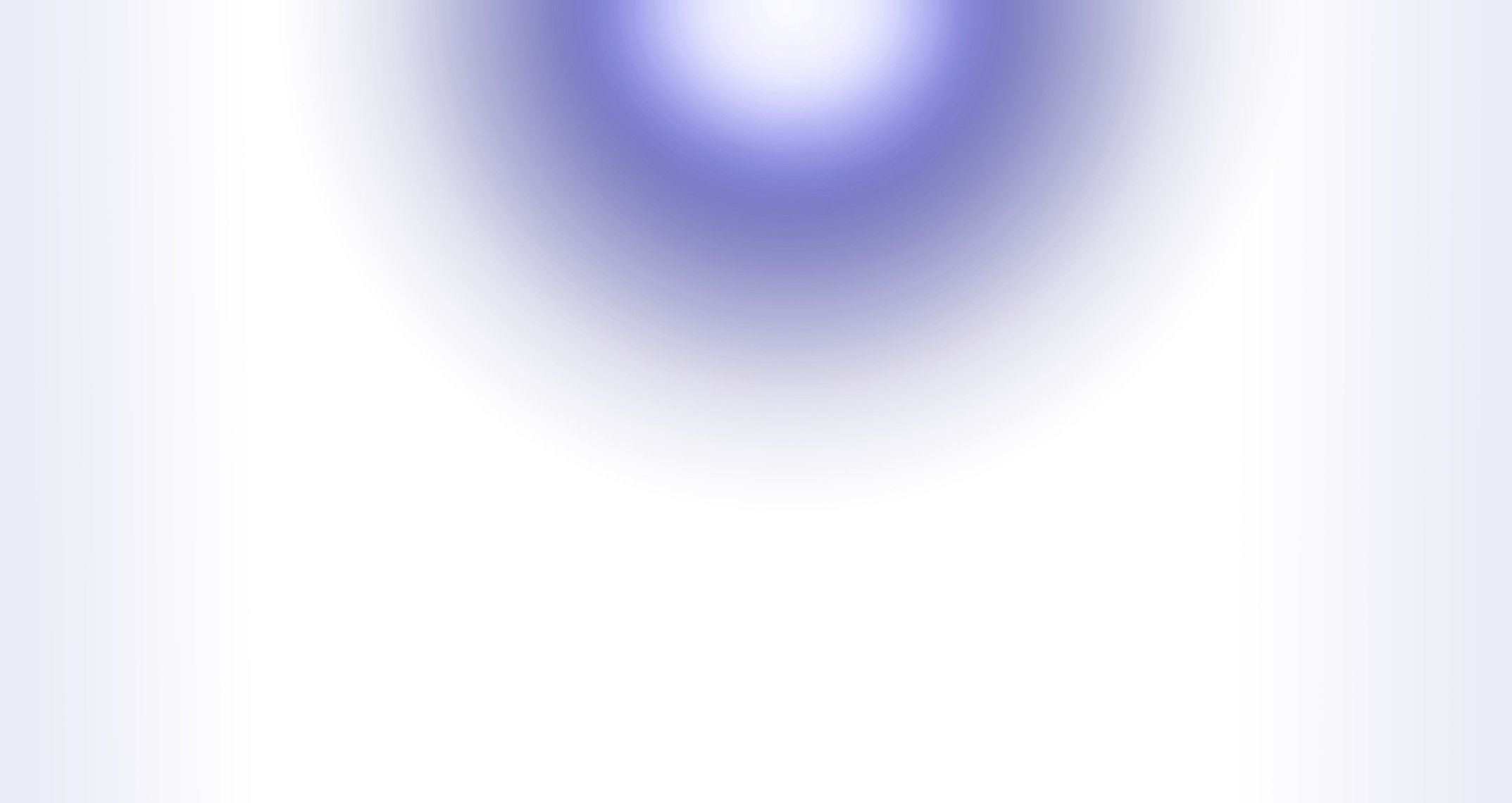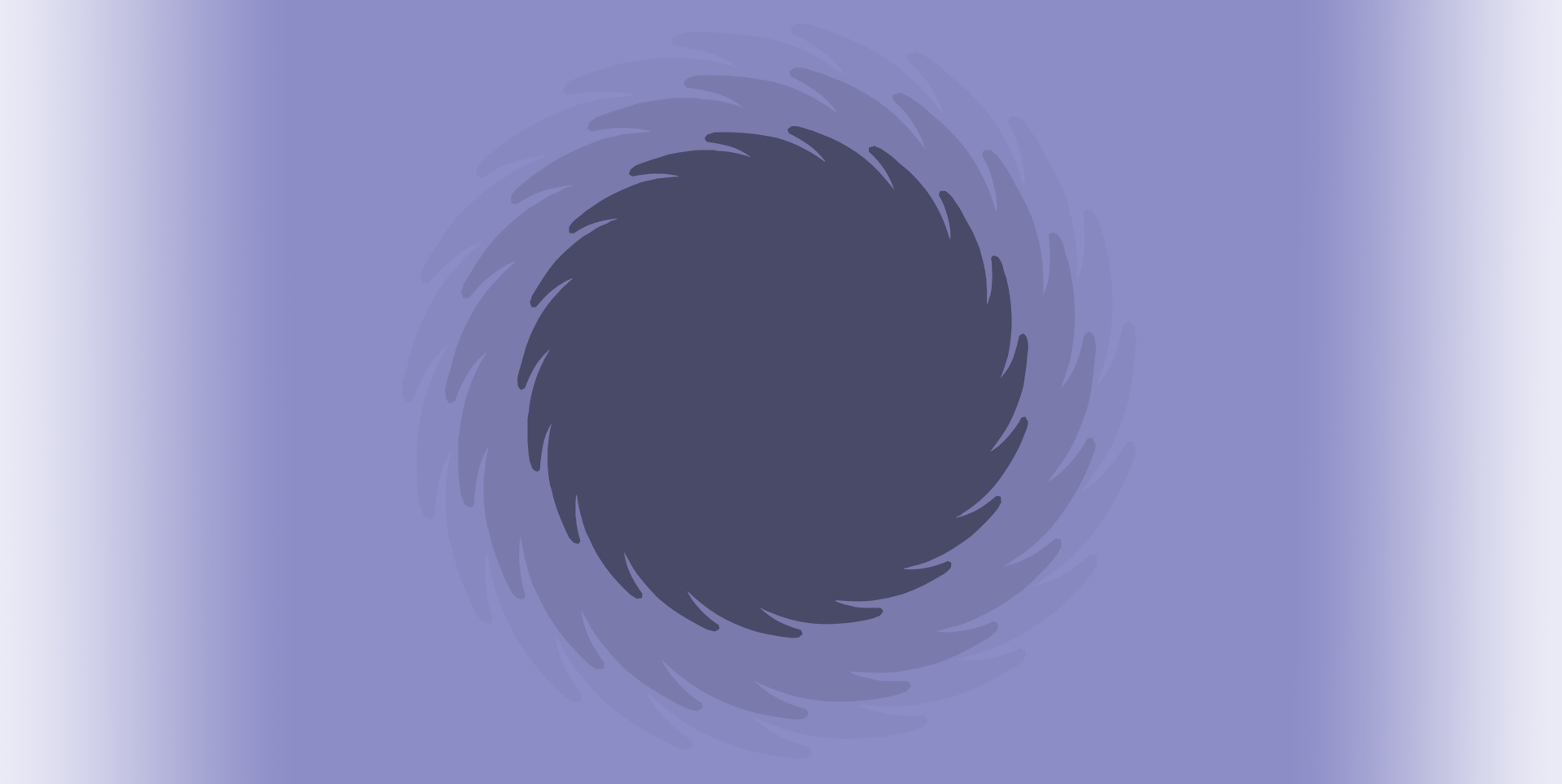
to Hive being
welcome
What is Hive Being, and Why the Name?
You have likely heard talk of a hive mind, where one global mind finds more or less figurative expression in various local minds. Such talk is common enough in nature documentaries, especially ones concerning ants or bees, and in sci-fi programs. Take that notion, at least a loose version of it, and broaden its scope. That will be a decent first step in understanding the title I have chosen both for my Blog and for the first five-volume installment of my magnum opus Made For You and Me, a fragmentary collection of minimalist stanzas from 2016 to 2020.
In alignment with Spinoza (the 17th Century Rationalist to whom I devoted my doctoral studies), I view reality in its totality as a grand hive Being: all entities are but pulsating manifestations of the buckstopping fount of everything, an ultimate being we might call “God” or “Nature” (so long as, out of respect for the capital “G” and the capital “N,” we limit it neither to some anthropomorphic cloud father hurling lightning bolts nor to mere wilderness untouched by human smog). According to the hive-Being view (where reality is one lone superorganism, a monistic—and we might even say unividualist—conception I defend in both my creative and academic capacities), each non-foundational being (each being, that is, whose essence does not involve existence) is an utterly necessitated expression or eruption or exudation of this eternal source—each is, perhaps better put, a mode or manner of being, and so a focal point through which is disclosed, what classical theists sometimes call “being itself” (ipsum esse subsistens): the realness of the real, the being of whatever may be, the sheer activity of being, the very isness of whatever is. This Blog, which duplicates my Substack, throbs as but one among many literary unfurlings of this self-necessitated foundation, this supreme wellspring, of which we—like black holes and broken beliefs, like fractal ferns and flickering flames—are the inevitable stylings.
My Journey
I am an academic who found himself pressured into early retirement by the rising tides of cancel culture. The illiberal scourge of censoring, silencing, and shaming—although always with us throughout our evolution—reached a local peak around 2021. That was the turbulent year my creative pursuits, which the old left once encouraged as a healthy outlet for the stresses of a childhood steeped in poverty and illiteracy, drew the ire of the new safe-space left. A small cadre of self-proclaimed victims and their allies, several of whom continue to berate me years later under pseudonyms as see through as their sexual infatuation, sought to erase me and my heterodoxy. They found support from a wannabe-woke dean, covered in the grand inquisitor robes of our decadent modernity (full-body tattoos) and just itching to signal his commitment to protecting “vulnerable populations” from triggering material (even if just, as it was in my case, off-duty poems “unbecoming for someone calling himself a teacher”). Although I eventually won my due-process case with the help of The Foundation for Individual Rights and Expression, I slunk away from a college that turned its back on protecting freedom of expression and from an institution increasingly intolerant of intellectual diversity.
The wrecking ball to my too-comfy office in the windowless ivory tower came with a silver lining. From the ashes of my professional aspirations rose a phoenix of increased freedom to fulfill the literary calling I have pursued for decades. Reputation concerns never stopped me, even within academia’s sterile halls of conformity. Indeed, my unapologetic defiance, which has long baffled friends and family, no doubt chummed even safe waters—almost as if I were asking for it all along—until the cancel shiver grew too frenzied to hold back its blind thrashings. But now, now I piston the most forbidden territories of human thought with no longer even a twinge of conscience. The newfound freedom means extra time to hone my craft. When not assisting special-needs communities (a day job far more rewarding than freeway-flyer drudgeries), I pursue my literary mission with Dionysian fervor.
Call for Co-Conspirators
This space, my digital sanctuary, showcases the fruits of my mission. Think of my posts, even those linking to my publications, as works in progress. I want your input, unflinching brutality included. Each post begins with an invitation to action: “Let’s workshop this [draft about x, y, z].” Your contributions, whether through public comments or my contact page, help hammer scraps of ore into polished blades fit for magazine publication.
Your input is valuable, even if you are neither a writer nor a reader of literature—twin disciplines dying by the cyber nanosecond. Sometimes—even if at the risk of uttering banalities—an outsider’s fresh vantage can pierce the veils of convention to reveal what insiders miss. It often takes an outsider to make us even think to question our ingrained presuppositions and attitudes. I stand by the hygienic value of contagion. That is one reason I advocate so strongly for intellectual diversity and freedom of expression. And that is also one reason I was so harrowed by the anti-diversity swell of cancel culture in academia (an institution that should be the utmost caretaker of such values)—harrowed especially insofar as that swell masqueraded under the gaslighting guise of “diversity”).
You will witness the breathing evolution of my writings over time. To track these changes, I label each revision by round: “ROUND 2,” ROUND 3,” and so forth. Each piece undergoes continuous refinement based on your feedback and my own revisitations. Sometimes changes will mar the work. That is the risk of creative tinkering as a finite creature. I hope you will alert me to missteps. After many semesters of university writing workshops, one rule has impressed itself upon me: when someone senses a flaw, something almost always needs to change—even if, yes, the proposed solution misses the mark (which often it does). From a quick look into the archives, accessible here, you can see how much I have benefited from your feedback so far.
My Hope
Sharing drafts can be daunting. But showing you the ravaged and unperfumed real deal unfiltered by makeup (stuttering starts and falsities, awkward line breaks and clumsy word choices, grammatical errors and misspellings)—that not only makes my work more relatable, but helps me refine things through your input. I hope the unfiltered look at the raw process of fumbling, rather than just the polished product, also helps other writers develop their craft. Imperfect works often instruct more than perfect ones: whereas the perfect ones tend to have a grace by which they slip inside us without activating our scrutiny, the imperfect ones—especially the near perfect ones—show us glaringly what not to do.
People laugh at me, seeing—in my tilting at the windmills of literary excellence—a Don Quixote clunking around in Arthurian armor in a post-knight era. I am not naïve. I am well aware of the diminishing ability to read, let alone well: slowly and deeply, with gratitude. I am also aware that my style, which often nests subpoints within larger points, never waters down virtuosity for the sake of mass appeal. I watch readers stumble over my sentences, unable to unlock even just the music of the envelope let alone the semantic meat within, which—given my tendency to flashlight through the darker facets of human nature (the addicts, the miscreants, the abusers among us)—only adds an additional alienating layer of difficulty). Beholding these depressive scenes of even supportive family members getting bucked off my syntactic bronco makes me feel like a dinosaur who should get a hint and, if not succumb to the brain rot of skibidi-toilet speak, just hang himself already. Even though the decline in linguistic background and grammatical voltage makes my compositions seem quixotic in a world binging Netflix and TikTok, I persist—raging against the dying of the light—by some internal compulsion to celebrate the richness of language and thought.
My hope is that, despite social media’s unparalleled power to farm our attention, people never forget the unique power of writing. Beyond unveiling hypocrisy, teasing out complex implications, and detailing the commonalities between even the most alien phenomena, writing offers something we need today—trapped in agoraphobic cyber bubbles only thickened by the Lyme dangers of forests and the COVID dangers of cities—perhaps more than ever. Granting us rich access to the first-person perspectives of others (to how things feel to them), writing serves as one of humanity’s best tools for combating loneliness. It allows us to linger, broadly and deeply and at high resolution, within the inner lives of others in a way that other arts can only suggest.
What to Expect
My work spans a broad spectrum: from metaphysical discourses on free will and determinism and the ontology of holes to the ephemera of western culture (whether the childhood impacts of the hypersexual mono-image of black woman as squirting twerkers or Terrence Howard’s sham revolution of mathematics). Some tight and minimal, others free-flowing sprawls; some heady and abstract, others emotional and imagistic—my inkwell musings, which often blend scholarly rigor with a dark humor from both high and low culture, aim to capture the visceral intensity of our personal and social and ultimately existential predicaments.
By no means can I deny that drug abuse, sexual assault, and the tales of the broken and the damned loom large in the tag cloud of my work. My writing will never be a paradise of easy truths and comforting lies. It will challenge you, provoke you, and at times even repulse you. I offer no apologies for the monsters I unleash. They are as much a part of us, at long root scared rodent mammals scurrying in the shadows of dinosaurs, as our noblest aspirations.
But make no mistake. It is not all downer darkness. The archives are my receipts. You will find pieces exploring the pursuit of authenticity in a media-saturated world, the search for meaning in an indifferent cosmos, and the celebration of beauty in both the sublime and the profane. I locate much of my inspiration, in fact, in novelists like Dostoevsky and poets like Ted Kooser—writers unafraid to pursue moral agendas or risk Hallmark sentimentality in an age that often sneers at sincerity.
Be they satirical dissections of modern social dynamics or poignant poems about addiction or academic articles on moral responsibility, my goal is to provoke thought, evoke emotion, and foster meaningful dialogue. Fear has not and will not stop me from challenging humanity’s fundamental taboos (like bestiality and cannibalism) or self-reflecting into the dark chaos of the subconscious, even if that means exposing the Jungian shadows—the inner Goebbels—lurking within us all!
Expect posts each day, no day missed. Donations are welcome, but I impose no paywall: it feels wrong to charge for art, especially given our date with obliteration. Feel free to explore what amounts to, at the time of writing this, close to a thousand pieces of poetry and prose here. That should give you a sense of what awaits.
Join me—specula holstered—on this literary odyssey into the public and private nooks of the hive Being. Let us navigate the labyrinth of creation together, confronting our demons and even slaying our darlings if we must. Let us dance on the razor’s edge between the sublime and the profane in pursuit of an elusive literary perfection never to be confused—as it has been confused in our declining civilization—with the pursuit of popularity or likeability over truth.
tag cloud
- literature community
- American literature
- poetry
- literature
- poem
- literary
- creative writing
- writing
- poetry community
- Michael Istvan
- Istvan
- perception
- defiance
- suffering
- existential poetry
- dissociative
- existential
- healing
- human
- poet
- mortality
- power
- art
- artist
- God
- evolution
- death
- darwin
- love
- anxiety
- sex
- adolescence
- crack
- meditation
- campus warrior
- Nietzsche
- substance abuse
- psychoanalysis
- Earth
- sensual
- resilience
- rape
- hardship
- poverty
- addiction
- Life affirming
- homeless
- addict
- sexuality
- trauma
- parenthood
- therapy
- rapist
- prison
- disease
- parenting
- hypersexual
- traumatic
- love letters
- vines
- christianity
- murder
- junkies
- religion
- faith
- grooming
- hoodlum
- worship
- thugs
- Biggie
- anal
- islam
- dogs
- babies
- hyperarousal
- choking
- hypocrisy
- muslims
- anal sex
- baby feet
- true crime
- care
- pound town
- feet
- cops
- olympics
- dread
- homosexual
- traitor
- blm
- horse
- gymnastics
- treachery
- cunnilingus
- identity
- honey pot
- repression
- teacher
- teen
- power dynamic
Posts

MADE FOR YOU AND ME 2: hive Being (Stanzas 2017--part 32)
"Squat-crapping on the fanned-out covers of outdated Time at the doctor’s office," a selection from Michael Anthony Istvan Jr.'s "Made for You and Me 2: hive Being (Stanzas 2017—part 31)," continues the poet's exploration of contemporary existentialism and societal critiques through fragmented, vivid imagery and darkly humorous vignettes. This section encapsulates a mosaic of human experience, juxtaposing the mundane with the absurd, and the sacred with the profane, to create a disjointed yet profound commentary on modern life.
Istvan’s poem opens with the stark image of "squat-crapping on the fanned-out covers of outdated Time at the doctor’s office," setting a tone of irreverence and decay. This visceral image is mirrored later by "ball-dangling defecation on the chemo center’s magazine table of polite fictions," reinforcing a sense of bodily degradation in spaces meant for healing. These images challenge the reader to confront the raw, unfiltered aspects of human existence that are often sanitized in polite society.
The poet questions the efficacy of collective prayer with "does God better hear a prayer when launched from an entire parish?" This line prompts reflection on the nature of faith and communal belief, juxtaposed with the chaos and fragmentation depicted in other parts of the poem. The imagery of "a flash unbuckle blasts diarrhea at the waiting-room bead maze, children slack jawed" further underscores the juxtaposition between innocence and grotesque reality.
Themes of memory and loss permeate the poem, as seen in "realizing that you are starting to forget what she looked like" and "reading the personal anchors she left behind— / lotion, a brush full of tangles—not as snakeskin, / but as promises that she will come back home." These lines convey the poignancy of holding onto memories and the personal items of loved ones, evoking a deep sense of longing and the passage of time.
The poem also delves into philosophical and psychological musings, such as "it is question begging to say that when the materialist reduces Susan’s pain— / reduces it not just to anybody’s complex of neurophysiology but to Susan’s— / he fails to capture the qualia of her pain, the first-person what-it-is-like-for-her." This reflection on the nature of pain and subjective experience challenges materialist perspectives and invites readers to consider the limitations of empirical understanding.
Istvan continues to weave together disparate elements of modern life, from the absurdity of "motorcycle club patches, and the process of sewing them on" to the critique of consumerism in "Gucci bags over homeless legs." These images serve as commentary on identity, social status, and the often superficial ways we define ourselves and others.
The poem also touches on themes of vulnerability and exploitation, with lines like "not exploiting her vulnerability—his aikido style of exploitation" and "bared-throat defenselessness is itself a defense, / ironclad, around those whose honor (or desire / to signal honor) blocks them from exploiting it." These observations highlight the complex dynamics of power and protection in human relationships.
In "bits of steel from the fallen towers given out as gifts," Istvan reflects on the commodification of tragedy and the ways in which we memorialize and commercialize collective trauma. This theme is echoed in "coffins afloat down city streets," a haunting image that speaks to the pervasive presence of death and the ways it infiltrates everyday life.
Through "Squat-crapping on the fanned-out covers of outdated Time at the doctor’s office," Istvan masterfully captures the fragmented, often contradictory nature of contemporary existence. His use of stark, evocative imagery and philosophical reflections invites readers to engage deeply with the complexities of modern life, confronting both its absurdities and its profound moments of human experience.
existentialism, contemporary poetry, Michael Anthony Istvan Jr., modern life critique, vivid imagery, fragmented narrative, bodily degradation, communal faith, memory and loss, subjective experience, materialism critique, social commentary, vulnerability and exploitation, commodification of tragedy, human experience, philosophical reflections.

MADE FOR YOU AND ME 2: hive Being (Stanzas 2017--part 30)
Michael Anthony Istvan Jr.'s "Made for You and Me 2017" weaves together fragments that capture the stark realities of human existence, exploring themes of death, love, memory, and societal change. This sequence of poetic vignettes provides a multifaceted look at the struggles and intricacies of contemporary life, offering deep reflections through brief, potent lines.
The opening phrase "depression tartar" conjures an image of persistent, uncleanable residue, symbolizing the lingering, often unnoticed effects of depression. This imagery sets a somber tone, echoed in the subsequent vignette about staying "behind the camera in order not to participate," which speaks to a desire to avoid engaging directly with life, a theme common in modern existential angst.
The line "your former F-student, your nurse as you battle to live" suggests the circular nature of life and the unexpected roles people come to play in each other's lives. This theme of reversal and interconnectedness is poignant, hinting at redemption and the unforeseen dependencies that shape our existence.
Avoiding cliché while seeking beauty is a recurring struggle in art and life, as captured by "avoiding cliché at the expense of beauty." It highlights the tension between originality and the inherent appeal of familiar, beautiful things. Similarly, "the secret guilt of medical professionals" unveils the hidden emotional burdens carried by those in caregiving professions, who often grapple with their limitations and the impact of their work on human lives.
The vignette about using "comedy to defuse an attack and uplift the dying" underscores the power of humor as a coping mechanism and a source of comfort amidst suffering. This is a reminder of the multifaceted role comedy plays in human resilience.
"Startled to find him looking so different than he had in life" touches on the shock of encountering death, where the physical transformation underscores the finality of life and the disconnect between memory and reality. The ongoing visit to a grave, as described, reflects the enduring nature of love and remembrance, even when it seems no one else cares.
The complexity of human interaction is captured in the vignette about laughter and the fear of missing a joke, illustrating social anxiety and the delicate dance of fitting in. The transition from a heartbeat to a "heart tick—one too loud in bed" evokes the intrusive nature of health issues, disrupting the intimacy of sleep and the comfort of silence.
Watching a loved one sleep while contemplating potential heartbreak speaks to the vulnerability inherent in love, where deep affection is always shadowed by the fear of loss. This idea of impending loss permeates the imagery of "clawing at earth" against the inevitable pull of graves, symbolizing the human struggle against mortality.
The sequence also critiques societal norms and the superficiality of achievements, as seen in "no nest eggs under our diplomas," which juxtaposes the ephemeral nature of academic success against the lasting impact of high-school sports feats. The cyclical nature of moving and memory is poignantly captured in "every U-Haul move exhumes a mess of memories," a reflection on how physical dislocation often triggers emotional recollection.
Daily realities, like "bath-towel scarves" and "layers poking out from flannel cuffs," ground the poem in the tactile, mundane aspects of life, while more intense moments, such as being "punched around by your spouse the night before the start of a new job," reveal the darker undercurrents of personal relationships.
The fear of red lights in certain neighborhoods speaks to the constant threat of violence and the socio-economic divides that create pockets of insecurity. The vignette about love not turning out well for many underscores the disillusionment that accompanies failed relationships, despite initial optimism.
The reconciliation attempts with old friends, who have already forgiven, illustrate the passage of time and the differing paces at which people move on from past hurts. This theme of reconnection is echoed in the scene where "wisps of snow enter with the booted man," blending the cold outside world with the warmth of human interaction.
The image of women balancing bundles on their heads while enlivening their work with competition reveals the resilience and ingenuity of people in the face of monotonous tasks. This is contrasted with the mechanical nature of "drum-machine music," reflecting a societal shift towards automation and the loss of human nuance.
Finally, the poem anticipates a dystopian future where political outrage leads to severe consequences, including the suppression of art and free expression. This chilling prediction underscores the fragility of civil liberties in times of societal upheaval.
Michael Anthony Istvan Jr., Made for You and Me 2017, contemporary poetry, existential angst, societal critique, human resilience, memory, love, mortality, human interaction, poetic imagery, societal change, interpersonal relationships, redemption, humor in suffering, fragility of civil liberties.

MADE FOR YOU AND ME 2: hive Being (Stanzas 2017--part 29)
In "Shoot me, nigga: I wanna live in your fuckin head forever!," M. A. Istvan Jr. crafts a mosaic of stark, thought-provoking stanzas that traverse the landscape of modern human experience, delving into themes of identity, memory, and societal decay. The fragmented narrative captures a series of intense, often disturbing snapshots that challenge readers to confront uncomfortable truths about contemporary life and the human condition.
The opening line, "Shoot me, nigga: I wanna live in your fuckin head forever!" immediately grabs attention with its raw, provocative imagery, suggesting a desire for lasting impact and a fear of being forgotten. This yearning for permanence and the struggle against erasure permeates the entire sequence, reflecting broader anxieties about identity and legacy in a transient world.
Istvan's exploration of memory and legacy is evident in the lines about degrees rescinded due to atrocities later committed, highlighting the fragility of reputation and the harsh judgment of history. The poet delves into the complexities of personal interactions, from accusations of pulling away too quickly from a hug to the cynical observation that "crows will chase squirrels into the roadkill lane—that smart," illustrating the often ruthless nature of both human and animal behavior.
The sequence also addresses societal issues, such as the rigid gender norms in "a land where tomboys must really be boys then," and the chilling image of "sewage shallow enough now to wade through for bodies of family," which starkly portrays the aftermath of disaster and the search for lost loved ones. These lines underscore the pervasive sense of loss and the struggle to maintain connections in a fragmented world.
Istvan's keen observation of human behavior extends to the professional sphere, where "hatred for this president could result in unsafe-optic professors stripped of degrees." This line, alongside the depiction of professors grading papers in their cars due to encroaching poverty, underscores the precariousness of academic and intellectual life in contemporary society.
The poem's middle section, featuring lines like "clocks ticking and walls closing, you need to get her out so you can poop and have peace," juxtaposes mundane personal concerns with larger existential anxieties, blending the trivial with the profound. This interplay continues with reflections on historical memory and cultural artifacts, where "the museum curator, unable to face his shadow, convinced himself the artifact was cursed."
Themes of social inequality and isolation are woven throughout the poem, as seen in the lines about poverty creeping into academia and the imagined future anthropologists sifting through our digital archives, misinterpreting our online presence as religious totems. This portrayal of our digital legacy raises questions about the meaning and permanence of our digital footprints in an increasingly transient world.
Istvan's poetic voice also touches on the challenges of maintaining family connections amidst economic hardship, as "between family members long-separated, filling the silence takes time and energy, and so the poorest are less likely to reach out." This observation poignantly highlights the emotional and logistical barriers that economic struggles impose on familial bonds.
The poem concludes with a reflection on the human need for validation and belonging, as seen in "that urge to prove one’s belonging to whatever group it may seem to advantage one to belong to," and the poignant image of a dark girl in a white grade-school acting as a note-passer between crushes. This final image encapsulates the overarching theme of navigating identity and connection within a societal framework often defined by superficial judgments and deep-seated biases.
M. A. Istvan Jr., poem, identity, memory, societal decay, contemporary life, legacy, human connection, academic life, gender norms, digital legacy, social inequality, family connections, economic hardship, validation, belonging, modern experience, provocative imagery, fragmented narrative.


blog
FAQ

Visit my Substack: Hive Being
Visit my Substack: Hive Being

Don’t let anyone tell you that real life is lacking in poetic interest. This is exactly what the poet is for: he has the mind and the imagination to find something of interest in everyday things. Real life supplies the motifs, the points that need to be said—the actual heart of the matter; but it is the poet’s job to fashion it all into a beautiful, animated whole. You are familiar with Fürnstein, the so-called “nature poet”? He has written a poem about growing hops, and you couldn’t imagine anything nicer. I have now asked him to write some poems celebrating the work of skilled artisans, in particular weavers, and I am quite sure he will succeed; he has lived among such people from an early age, he knows the subject inside out, and will be in full command of his material. That is the advantage of small works: you need only choose subjects that you know and have at your command. With a longer poetic work, however, this is not possible. There is no way around it: all the different threads that tie the whole thing together, and are woven into the design, have to be shown in accurate detail. Young people only have a one-sided view of things, whereas a longer work requires a multiplicity of viewpoints—and that’s where they come unstuck.—Goethe (Conversations with Eckermann)

Featured Blog Posts
have appeared last night—
all those met along the way?
























